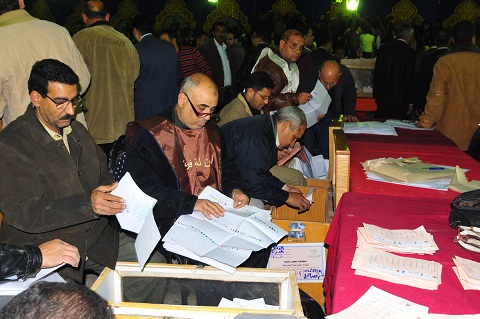LONDON: European pro soccer leagues are fighting the recent ruling that essentially allows some players to buy out their contracts and move to other clubs.
The issue is a top priority for the European Professional Football Leagues, which convened in London on Tuesday to launch its social and economic forum, which involves a series of meetings over the next three years.
As well as transfers, the wide-ranging forum also includes topics such as player agents, issues relating to the European Union, club ownership, betting, the match calendar, marketing and social policies.
There is a constellation of issues, that the EPFL had to tackle, chief executive officer Emanuel Macedo de Medeiros said. Certainly the contractual instability is urgent to be addressed, but we are taking measures to take there of that.
We have a number of ideas, and projects and initiatives and solutions that we want to implement but naturally this will be done in due course following a coherent and constructive strategy.
Scottish defender Andy Webster was the first player to invoke Article 17 of FIFA s player regulations, which allow a player under 28 to end his contract after three years. A player aged over 28 can end his contract after two years.
In January, the Court of Arbitration for Sport ordered Webster and English Premier League club Wigan to pay Scottish side Hearts 150,000 pounds ($298,150; 201.6 million euros) in compensation for the player s breach of contract.
That amount was residual value of the contract Webster had with Hearts before he quit in May 2006 – a year before his contract finished – to join Wigan three months later.
Egypt goalkeeper Essam El Hadary could be the first player to use the Webster ruling to break his contract and switch clubs. He s already training with Swiss team FC Sion, which has offered Al-Ahly $400,000 (270,000 euros) for the player, equivalent to the remaining two years of his salary.
I am concerned with the wider implications of it – if everything is narrowed, limited to the residual value of the contract … this would create instability which would affect football as a whole, Macedo de Medeiros said. If this creates instability, it should also be noted that it s not just for clubs, it s also for players too.
FIFA is also against the CAS decision.
The EPFL is also keeping an eye on developments between the Spanish soccer federation and world governing body FIFA, which has threatened to ban the country from competing in European competitions. That would be the punishment for any perceived interference by the Spanish government in the Spanish soccer federation.
We have been following the development of the case, Macedo de Medeiros said. We will keep on observing, but not make any contribution to any speculation.
The EPFL was set up in June 2005 and includes 26 leagues across Europe – more than 800 clubs – and also has a consultative role in UEFA.
